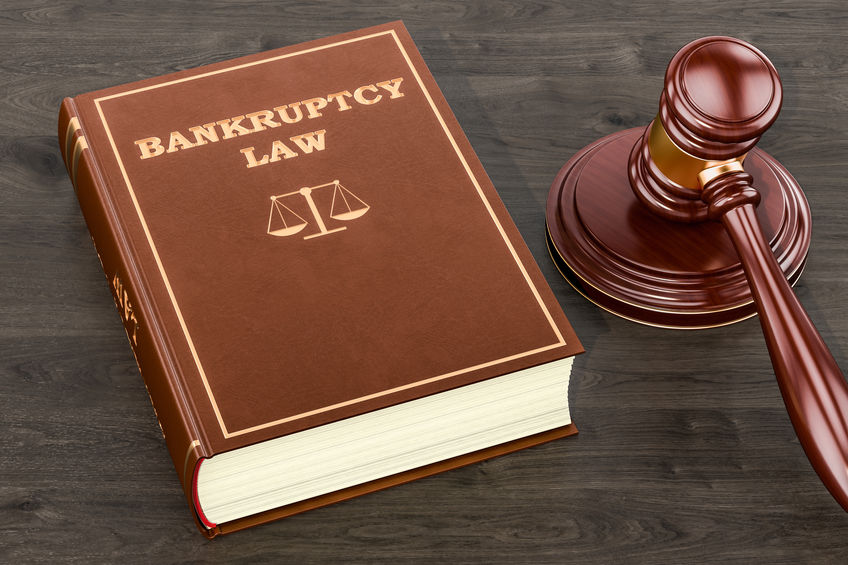Filing For Another Bankruptcy Discharge? Keep A Few Things In Mind

Several businesses and individuals are facing dire times in these days of the pandemic.
Financially it has been a crippling period.
Stores, restaurants and other establishment have shut shop, and individuals are facing job losses.
In such a scenario, the only way out for many is to file for bankruptcy.
Bankruptcy offers hope of a new start.
But what if you have filed for a bankruptcy earlier?
How often can you file for bankruptcy?
If you have done it before, you must wait for a certain period of time before wiping out debt in a new case.
You must be eagerly waiting for an order that wipes out qualifying debt.
But before you go ahead, be sure to perform the following
- Check whether enough time has elapsed to get a new discharge
- Find out whether a court order can delay your bankruptcy filing
- Get to know, if need be by consulting a lawyer, when you must file a motion for and automatic stay order. The order that calls for a stay from creditor collections.
It is also important to keep in mind that rules may vary from state to state.
For local bankruptcy, Maryland rules will govern.
Chapter 7 to Chapter 7
Typically if you had received a Chapter 7 earlier, eight years must elapse between the old and new one.
Chapter 7 to Chapter 13
4 years must go by between the chapter 7 and chapter 13 filing dates.
Chapter 13 to Chapter 13
Two years must elapse between the filing dates
Even after you wait for the stipulated time, you may still not be in the clear.
If the court dismisses your case, and if you are in a hurry to file soon after, you can expect penalties.
You must take care not to make a blunder – intentionally or unintentionally.
For example, if you forget to file a form, the court can penalize you by prohibiting you from filing a bankruptcy case for a certain amount of time.
Therefore in the matters of filing it is best to take assistance from northern Virginia bankruptcy lawyer.
Moreover, if you do not obey a court order the court may dismiss the case with prejudice.
At this juncture, you must understand the terms “without prejudice” and “with prejudice.
Without prejudice
If you do not show intent to abuse the bankruptcy system, the court can dismiss your case without prejudice.
A few of the reasons can be your failure to
- File the right forms
- Adhere to deadlines
- Get a course completion certificate for credit counseling
- Attend a mandatory hearing
In such instances the court will dismiss the case “without prejudice”.
With Prejudice
If you commit an abuse of the bankruptcy process, the court can dismiss the case with prejudice.
The reasons can be several including
- Committing bankruptcy fraud
- Filing multiple bankruptcy cases with an intention to delay creditors
- Not following court orders
Keep in mind that bankruptcy judges have plenty of discretion to dismiss a case with prejudice.
A dismissal with bankruptcy is a serious matter.
In such an event it makes good sense to consult a local bankruptcy Maryland attorney before attempting to file again.



